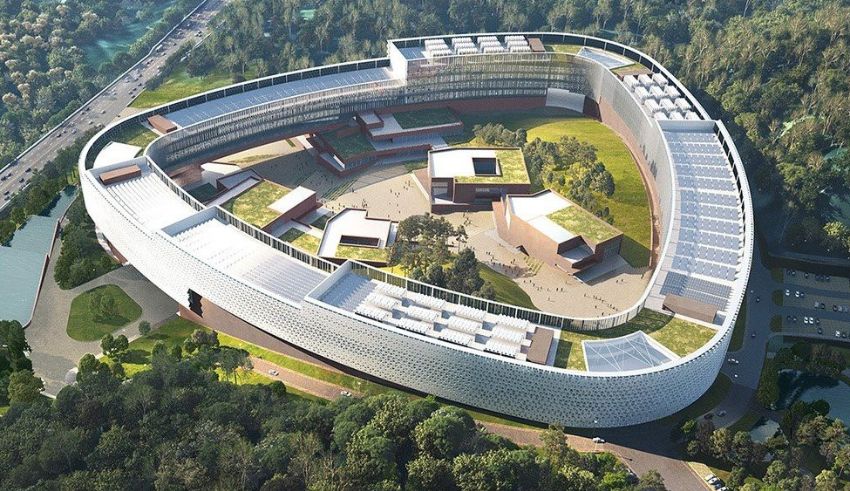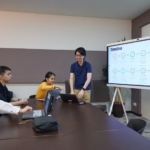
In the dynamic landscape of digital infrastructure, South Korea is rapidly emerging as a formidable force, poised to overtake Singapore as Asia’s fifth-largest data hub. This anticipated shift is not merely a testament to Korea’s technological advancements but also a reflection of the nation’s strategic vision in the digital era.
The Catalysts of Korea’s Data Boom
The heart of this transformation lies in the country’s robust technology infrastructure and the accelerated pace of digital transformation, particularly in AI and cloud computing technologies. Since the onset of the Covid-19 pandemic, the demand for data centers in Korea has surged, with both domestic and international players investing heavily in the digital facilities that now dot the Korean landscape.
John Pritchard, head of Tenant Advisory Group at Cushman & Wakefield Korea, projects that based on the current development pipeline, Korea could reach an operational capacity of 1,485 megawatts, surpassing Singapore’s 1,307 megawatts. This growth is expected to unfold within the next five to seven years, setting a new benchmark for the region.
The Domestic Giants and International Stakeholders
Korean tech giants like Naver and Kakao are at the forefront, building their own data centers. Naver’s Gak Sejong, for instance, boasts a server capacity exceeding 600,000. Kakao, recovering from a fire at its Pangyo data center, has completed its inaugural in-house data center in Ansan, Gyeonggi, with over 120,000 servers. Equinix, a California-based data center and colocation provider, has also unveiled its second retail International Business Exchange (IBX) colocation facility in Goyang, Gyeonggi, marking the growing international interest in Korea’s data potential.
However, this expansion comes with its own set of challenges. Concerns about overcrowding in the capital region and conflicts with local communities have arisen, highlighting the need for sustainable development strategies as Korea’s data center market grows.
Korea’s Strategic Vision
The push for digital transformation by companies is fueling Korea’s rise as a data center hub. The nation continues to be a leader in digital transformation, with plans to bolster local cloud computing to propel advancements in AI. This strategic initiative is not just about enhancing Korea’s digital capabilities but also about positioning the country as a leader in the global data economy.
Keep Reading
As South Korea continues to build on its robust technology infrastructure and accessibility, it stands on the cusp of redefining the data center landscape in Asia. The world watches with keen interest as Korea takes strides towards becoming a data hub that rivals the established dominance of its regional counterparts.
























